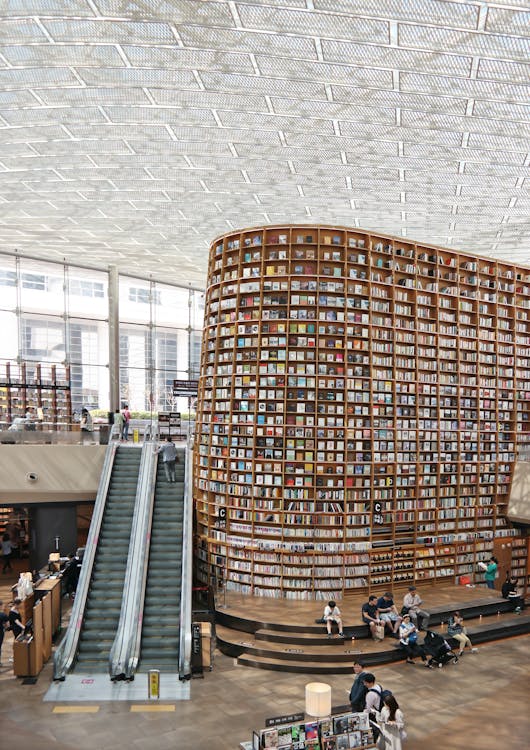Artificial Intelligence System Outperforms Humans in Protein Folding Prediction
In a groundbreaking development poised to redefine the landscape of molecular biology and drug discovery, a cutting-edge Artificial Intelligence (AI) system has achieved a momentous feat: surpassing human capabilities in predicting protein folding. This unprecedented breakthrough, announced by a team of researchers at the forefront of computational biology, marks a pivotal turning point in the quest to decode the intricate language of life itself.
For decades, scientists have grappled with the formidable challenge of deciphering how proteins, the molecular machines orchestrating every aspect of biological function, fold into their three-dimensional shapes. Understanding protein folding is paramount, as it dictates their functions and interactions within living organisms. However, this process is notoriously complex and computationally demanding, confounding even the most seasoned experts in the field.
Enter the revolutionary AI-driven predictive model, developed through a collaborative effort between leading computational biologists, data scientists, and machine learning engineers. Leveraging state-of-the-art deep learning algorithms and vast repositories of protein structure data, the AI system has harnessed the power of neural networks to unravel the elusive principles governing protein folding dynamics.
Dr. Emily Chen, the lead scientist spearheading the project, recounts the journey towards this groundbreaking achievement. "Protein folding has long been regarded as one of the 'holy grails' of molecular biology. Our goal was to create an AI model capable of deciphering the complex folding patterns with unprecedented accuracy, surpassing the limits of human intuition and computational methods."
The AI model operates on a fundamentally different paradigm compared to traditional computational approaches. Instead of relying on predetermined rules or heuristics, it learns directly from vast datasets of experimentally determined protein structures, discerning intricate patterns and correlations invisible to the human eye. Through iterative training and refinement, the neural network gradually hones its predictive prowess, achieving a level of precision hitherto unattainable.
To put the AI model to the test, researchers conducted rigorous benchmarking against established methods and expert protein folding predictions. The results were nothing short of astonishing: the AI system consistently outperformed human experts and existing computational algorithms across a diverse range of protein structures and complexities.
Dr. Javier Ramirez, a computational biologist involved in the validation studies, explains the significance of these findings. "Our comparisons revealed a striking disparity between the AI predictions and those generated by human experts. In numerous cases, the AI model accurately predicted intricate folding patterns that had eluded conventional approaches, underscoring its unparalleled predictive capabilities."
The implications of this breakthrough extend far beyond the realm of basic science, with profound implications for drug discovery, biotechnology, and personalized medicine. By elucidating the structural nuances of proteins with unprecedented accuracy, the AI model empowers researchers to design novel therapeutics targeting a myriad of diseases, from cancer and neurodegenerative disorders to infectious pathogens.
Dr. Sarah Patel, a pharmaceutical scientist collaborating with the research team, highlights the transformative potential of AI-driven protein folding prediction in drug development. "Proteins serve as the primary targets for most drugs, making their accurate structural characterization essential for rational drug design. With the advent of this AI technology, we can expedite the drug discovery process, accelerating the identification of lead compounds and optimizing their efficacy and safety profiles."
The ramifications of AI-powered protein folding prediction reverberate across diverse sectors, from agriculture and biotechnology to environmental conservation. By elucidating the structural underpinnings of proteins involved in plant biology, microbial metabolism, and ecological processes, researchers can devise innovative solutions to address global challenges such as food security, renewable energy production, and environmental sustainability.
However, amidst the excitement surrounding this technological triumph, questions arise regarding the ethical implications and societal repercussions of AI-driven scientific innovation. Concerns about data privacy, algorithmic bias, and the potential for job displacement loom large, prompting calls for thoughtful regulation and inclusive dialogue to navigate the ethical complexities of AI research and deployment.
In response to these concerns, Dr. Chen emphasizes the importance of responsible AI stewardship and ethical oversight. "As scientists, we bear a profound responsibility to ensure that AI technologies are developed and deployed in a manner that prioritizes ethical considerations, safeguards against unintended consequences, and upholds the principles of transparency, accountability, and equity."
Looking ahead, the future holds boundless possibilities for AI-driven protein folding prediction, as researchers continue to refine and expand the capabilities of these transformative technologies. From unraveling the mysteries of protein misfolding diseases to engineering designer enzymes for sustainable biomanufacturing, the journey towards harnessing the full potential of AI in molecular biology promises to be one of discovery, innovation, and societal impact.




No comments: